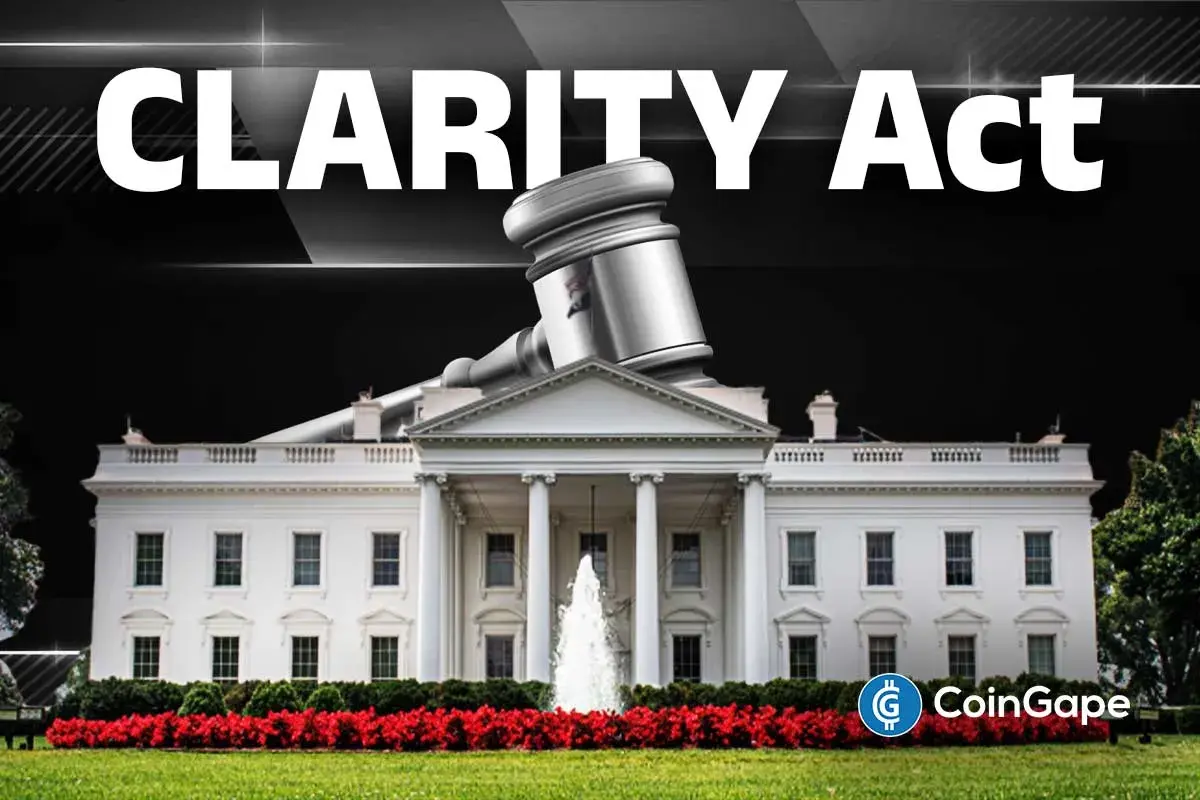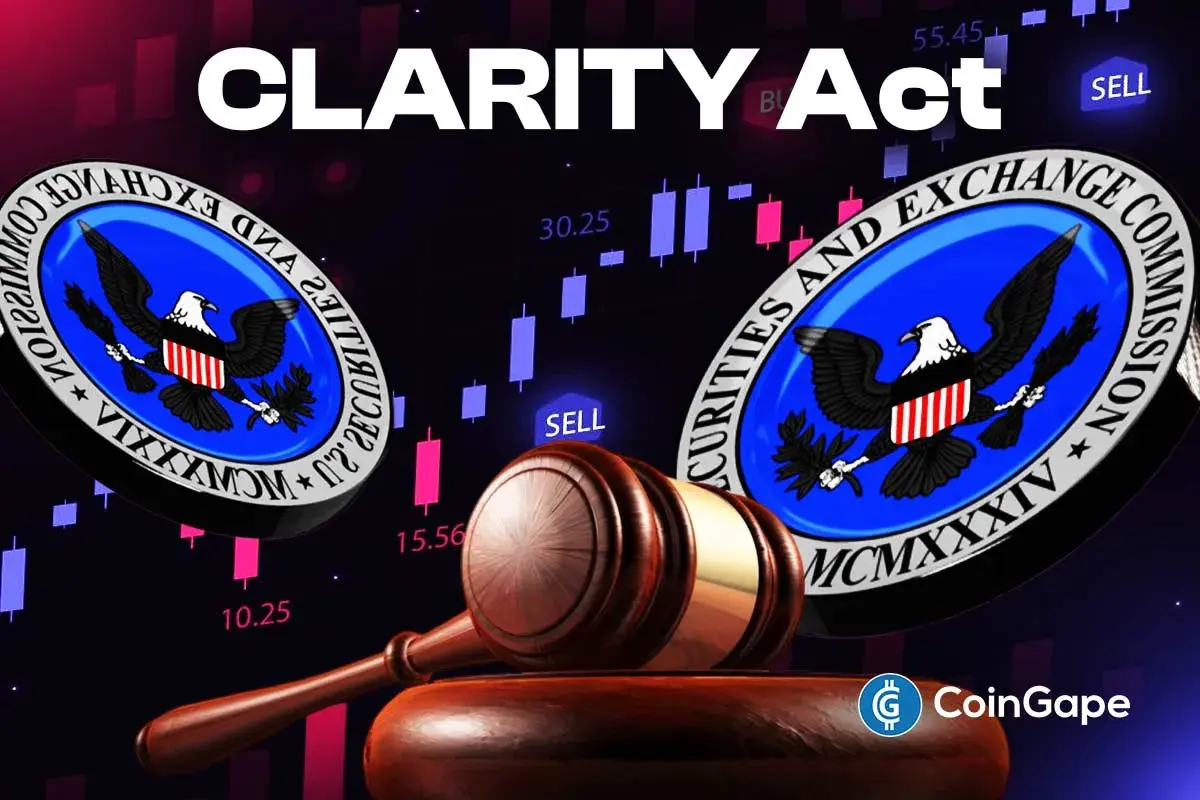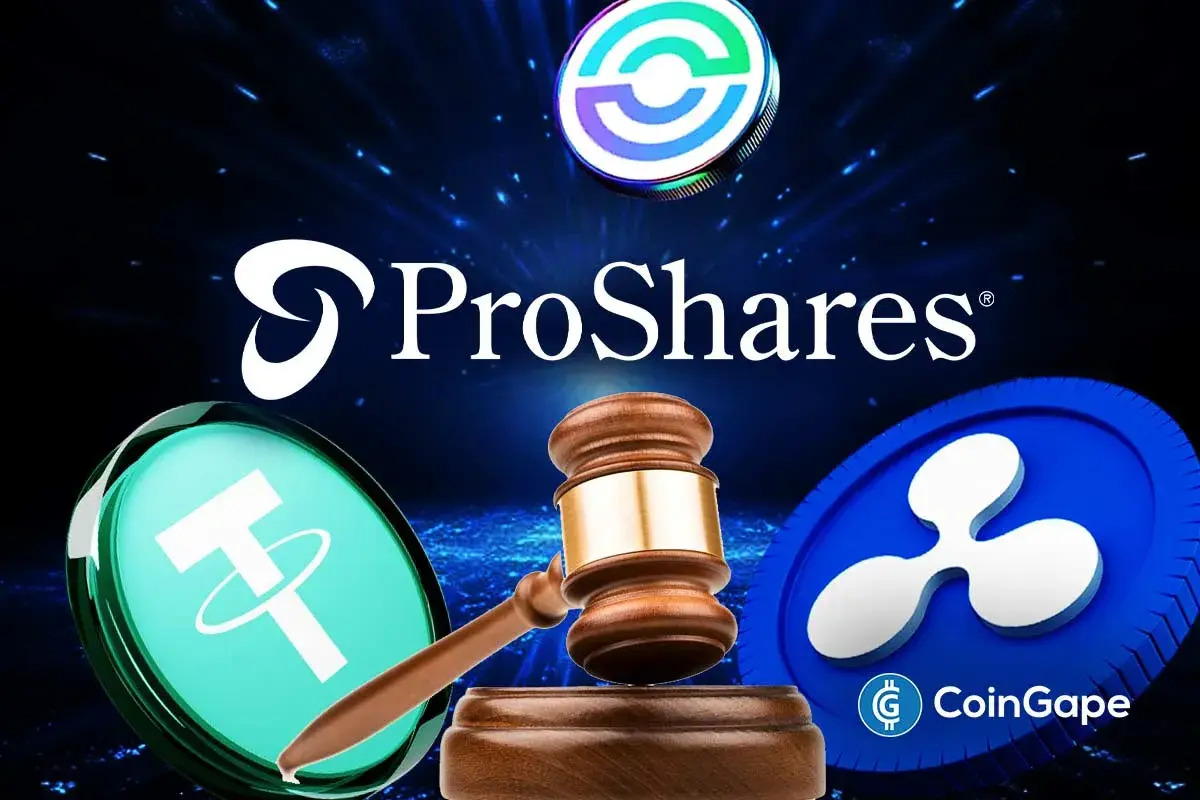Blockchain Emerges As A Disruptive Technology For Sierra Leone Elections 2018
The most populous district in West African country Sierra Leone conducted the first ever presidential elections backed by Switzerland-based startup Agora’s permissioned blockchain.
Also, read… Oil industry ready for blockchain disruption
World’s first blockchain based election
The Sierra Leone elections on March 7, 2018, marked the world’s first blockchain-based presidential elections making a global history.
A country in West Africa, Sierra Leone latest elections comprised of the pick of 16 candidates as the president Ernest Bai Koroma left the office after serving the five-year term twice, which is the maximum number allowed constitutionally. The candidates included the former foreign minister Samura Kamara and former military head of state Julius Maada Bio who was the candidate of the main opposition party.
With neither candidates i.e. Kamara and Bio, able to acquire 55 percent votes which are required, the election commission (NEC) of Sierra Leone released the results that suggest a run-off between the two candidates.
Agora facilitates transparency via permissioned blockchain
Agora, the blockchain startup oversaw the results of the country’s presidential election. In the Western District of Sierra Leone which is the most populous area of the country, the votes cast were recorded by Agora manually. Agora is a Swiss foundation that offers digital voting solutions on a permissioned blockchain.
Unlike public blockchains, Permissioned blockchains allow only the authorized individuals to validate the transactions.
The process wasn’t any different for the voters in comparison to the previous elections as they had to be physically present at the center, show their IDs and then cast their votes on a paper ballot.
Transparency is the biggest concern in the election facet, especially in specific African countries. The idea was to ensure transparency through Agora as everyone can view the entries made but only authorized person can validate them.
The CEO of Agora, Leonard Gammar explained that the NEC of Sierra Leone was open about blockchain’s potential. Given the development challenges the country faces including electoral violence, poor network connectivity, and low literacy rate, he further stated:
“I also thought that if we can do it in Sierra Leone, we can do it everywhere else.”
Gammar’s future plans to deploy blockchain on a larger scale
Agora basically aims to utilize the blockchain solutions to automate the blockchain election voting process completely where the citizens would cast electronically through biometric data and personalized cryptographic keys while the votes will be validated by blockchain.
Gammar also emphasized that blockchain based voting can be a cheaper version of the traditional system that will reduce the electoral violence to a great extent. As Gammar hopes to pull this off on a larger scale in other parts of Africa, he believes they can find the solutions to the local problems:
“If phones are not available, you can go borrow. If you are blind, we can make your phone speak to you. If you don’t read, we can put up pictures. There is no big technical issue. Everything else requires being imaginative.”
What are your views on the use of blockchain for elections? Share your thoughts with us below!
- CLARITY Act: Banks and Crypto Make Progress Following “Constructive” Dialogue at White House Meeting
- Expert Warns Bitcoin Bear Market Just In ‘Phase 1’ as Glassnode Flags BTC Demand Exhaustion
- SEC Chair Reveals Regulatory Roadmap for Crypto Securities Amid Wait for CLARITY Act
- ProShares Launches First GENIUS Act Focused Money Market ETF, Targeting Ripple, Tether, Circle
- BTC Price Falls as Initial Jobless Claims Come In Below Expectations
- Top 3 Price Predictions Feb 2026 for Solana, Bitcoin, Pi Network as Odds of Trump Attacking Iran Rise
- Cardano Price Prediction Feb 2026 as Coinbase Accepts ADA as Loan Collateral
- Ripple Prediction: Will Arizona XRP Reserve Boost Price?
- Dogecoin Price Eyes Recovery Above $0.15 as Coinbase Expands Crypto-Backed Loans
- BMNR Stock Outlook: BitMine Price Eyes Rebound Amid ARK Invest, BlackRock, Morgan Stanley Buying
- Why Shiba Inu Price Is Not Rising?

















